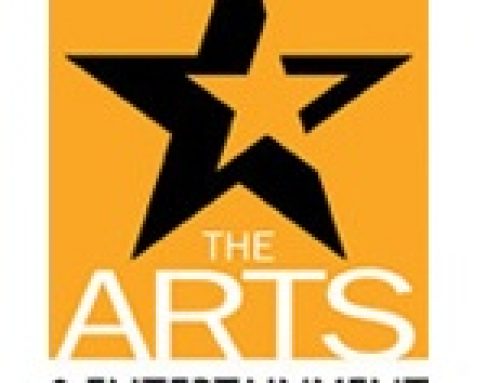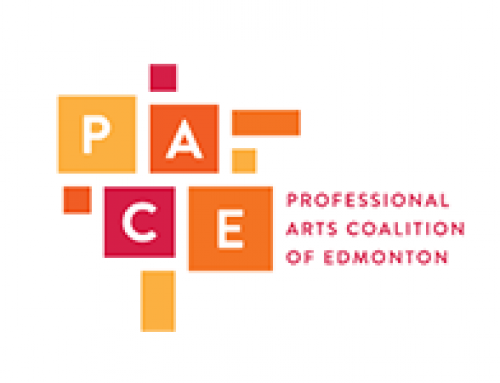CCA Bulletin 02/12 Copyright reform: the government fast-tracks the process
February 15, 2012 Canadian Conference for the Arts
JUST THE FACTS
Bill C-11, known as the Copyright Modernization Act, was adopted at second reading yesterday after the government imposed a limit to the debate last week. All opposition parties voted against, but the bill was adopted thanks to the government majority. Barely hours after the vote, the special Legislative Committee met to establish its work plan and once again, the government majority could overcome opposition parties’ objections and set a very tight agenda for the hearing of witnesses and the article by article study of the Bill. The whole process will be over by March 29, whether or not the study is completed. The Bill will then be sent back to the House for third reading and once adopted, sent to the Senate where it is expected it will receive the same expeditious treatment.
COMMENT
The government justifies the fast-tracking of the process by saying that a reform of the Copyright Act is long overdue, something with which everybody agrees. The government argues further that since C-11 is the exact copy of Bill C-32, which died on the Order Paper in March 2011 due to the fall of the government, it has already been discussed at length. Those who have problems with C-11 as it now stands, and they are numerous, may fear that this fast-tracking of the process will not allow for a thorough revision of the Bill article by article. It does not appear either that the review by the Senate, once called the house of “sober second thought”, will comfort them. One must also note that settling the copyright file, at least for the time being, is an important pawn on the chess board of concluding as soon as possible the current free trade agreement with the European Union.
TELL ME MORE
Political parties have until 5:00 p.m. TODAY to give the Clerk of the Committee the list of witnesses they would like to hear. The Committee will meet tomorrow morning at 9:00 a.m. to prepare what is supposed to be a preliminary list, but given the short period given for the hearings, the list is likely to fill up rapidly. Witnesses will be grouped in panels of three and each session will last one and a half hours. Opening statements will be given 10 minutes, then Committee members will have 5 minutes each for questions, until the time runs out.
The Committee will not hear anyone who has already appeared during the hearings on C-32. However, witnesses heard during C-32 can submit an addendum to the brief they presented then. All documents must be sent to the Clerk in both official languages for presentation to members of the committee. All documents presented and testimonies heard during the C-32 hearings will be given to the members of the C-11 committee.
The committee will start the article-by-article study on March 14 at the latest. Each party will have five minutes to address each article and each amendment. All amendments to be examined must have been presented to the Clerk 24 hours before the beginning of the study, in both official languages. A list of twenty proposed amendments, signed by 70 cultural organizations from all over the country, has already been transmitted to the government and to members of the Legislative Committee under the umbrella of the CCA. The whole study process must be over by March 29, 2012 whether or not the article-by-article study is finished. The hearings of witnesses and the deliberations article-by-article will be public and broadcast.
Schedule of meetings (starting February 27) Monday: 3:30 to 06:30 p.m. Tuesday: 9:00 a.m. to noon Wednesday: 3:30 to 06:30 pm Thursday: 9:00 a.m. to noon
WHAT CAN I DO?
If your organization wishes to appear, contact one of the members of the committee immediately with a copy to the Clerk of the Committee Christine Holke David.
Would you like to respond to this bulletin?
Leave your comments on our website.




